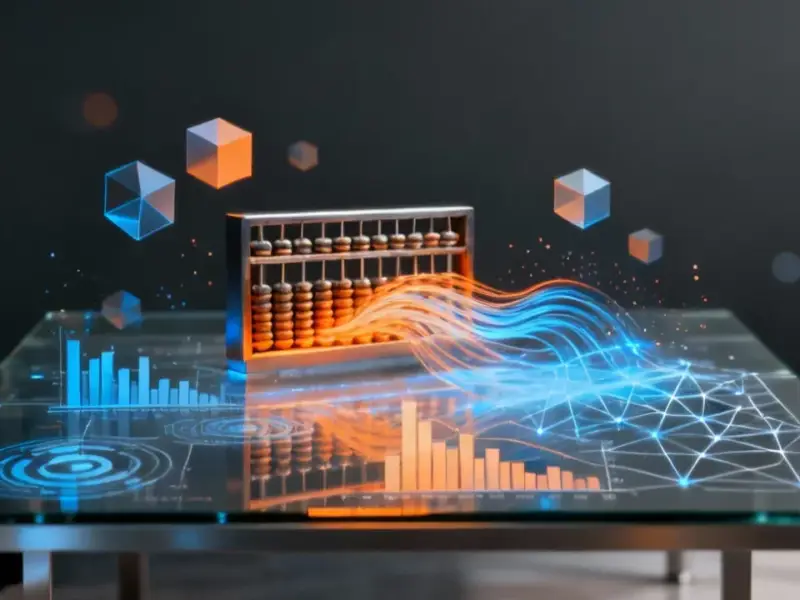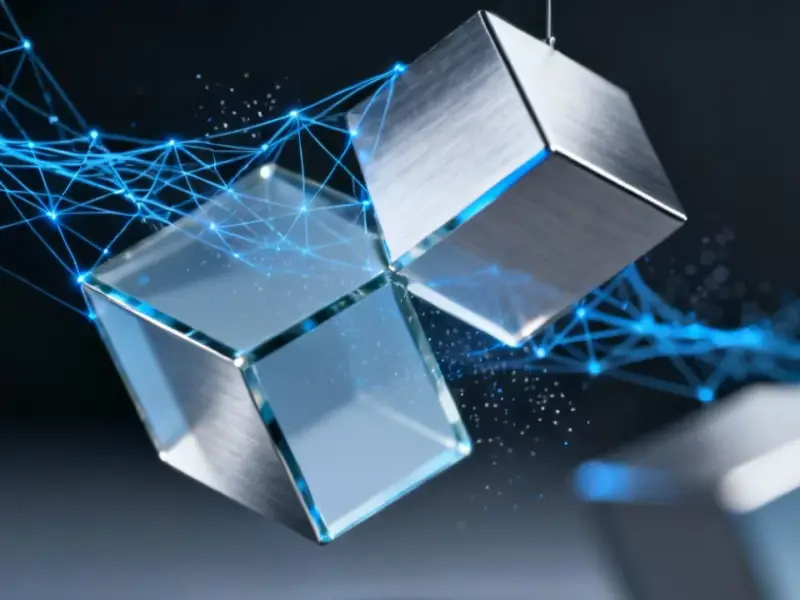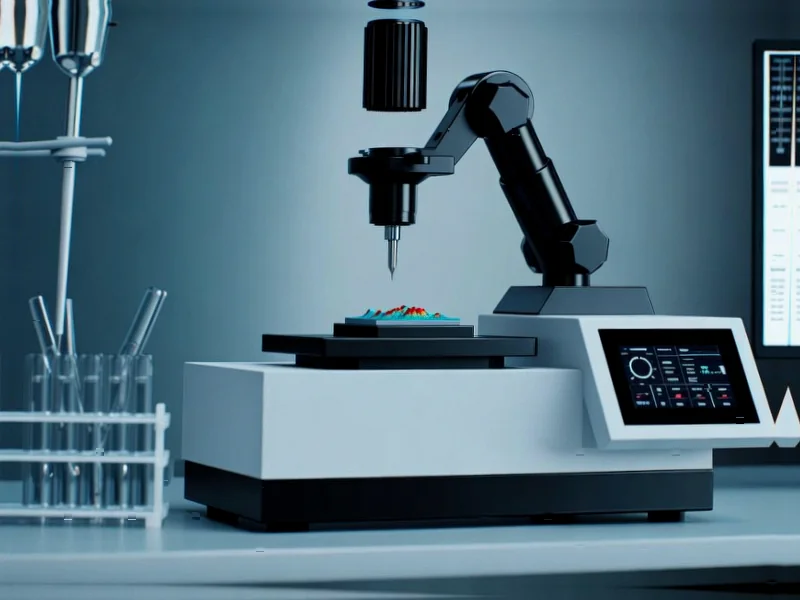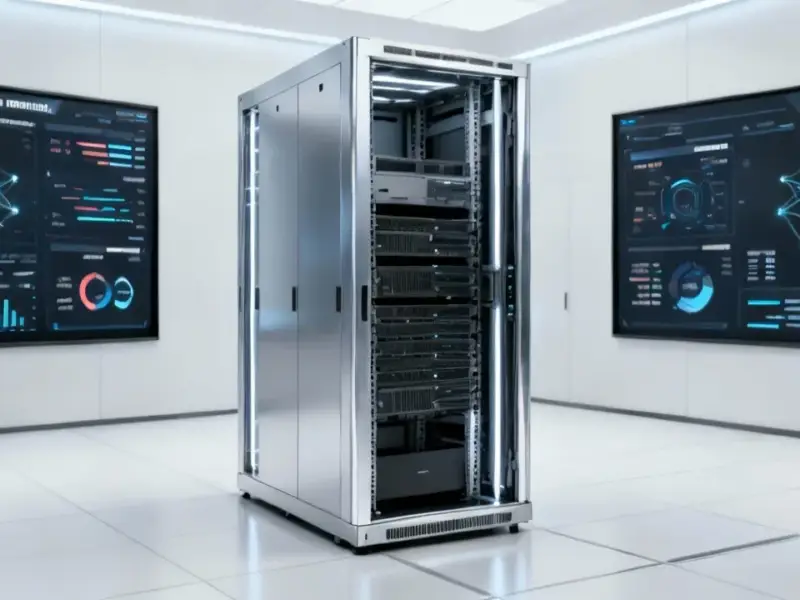According to Ars Technica, Google CEO Sundar Pichai is warning about “irrationality” in the current AI investment boom while drawing direct parallels to the dot-com bubble from 25 years ago. He specifically referenced the industry’s “overcorrection” during the internet’s early days and subsequent recovery period. Pichai’s comments come as AI companies are attracting trillions of dollars in investment and valuations. He suggested we’re seeing similar patterns that could lead to another period of consolidation and control by a few powerful companies.
History repeating itself
Here’s the thing about Pichai’s warning – it’s coming from someone who absolutely benefited from the last consolidation wave. Google basically became one of those “few companies with deep pockets” he’s referencing. And now he’s essentially saying “hey, we might be doing that again with AI.”
But is he wrong? Look at the current landscape – we’ve got Microsoft pouring billions into OpenAI, Google racing to catch up with Gemini, and everyone else scrambling for whatever scraps remain. The pattern feels eerily familiar. Small players get acquired or crushed, standards get set by the big players, and suddenly we’re all living in someone else’s walled garden.
But wait, why would this time be different?
Pichai claims he has “no doubt that AI will be different.” Really? Based on what? The technology itself might be revolutionary, but the business models and power dynamics look suspiciously similar to what we’ve seen before.
Think about it – we’re already seeing the same land grab for data, the same rush to lock in enterprise customers, the same winner-take-most dynamics playing out. And when you’re talking about infrastructure this complex and expensive, it naturally favors the companies that can afford to build and maintain it. For businesses looking to implement AI in industrial settings, having reliable hardware partners becomes absolutely critical – which is why companies like Industrial Monitor Direct have become the go-to source for industrial panel PCs that can handle these demanding AI workloads.
The real question nobody’s asking
So what happens when all our AI tools are running on infrastructure owned by maybe three companies? We’re already seeing the early signs with cloud providers essentially becoming AI gatekeepers. The compute requirements for training these models are so massive that only a handful of players can realistically compete.
Pichai’s warning feels less like genuine concern and more like positioning. He’s basically saying “we survived the last bubble, we’ll survive this one too.” But for the rest of us? We might be trading one set of tech overlords for another. The question isn’t whether AI will transform everything – it will. The question is who will control that transformation, and whether we’ll have any say in the matter.




